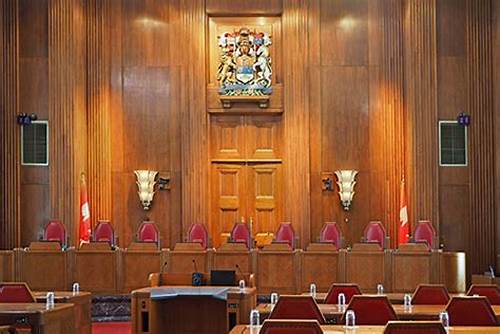
From our Economic History textbooks, we learn that the independence and fairness of the British Courts made it attractive for investors to place their money into British ventures during the Industrial Revolution.
Foreigners investing in British ventures felt sufficiently confident to bring a cause before a British Court and receive an impartial and fair hearing. British Courts would not favour British subjects simply due to their nationality. In essence, independent courts carried out the application of British Law that rested on impartial principle, not on tribal, national preference, or the pleasure of the government of the day.
Judicial independence is firmly established in the Canadian Constitution Act of 1867. This independence seemed compromised during the rash of COVID-19 government policy overreach. Courts were timid, deferent and at times seemed subservient to government policy at the expense of fundamental rights. But in the last few months, the Trudeau government suffered three significant legal setbacks in court. While these cases did not directly address the autonomy of the courts from government, their decisions displayed independent attitudes from Ottawa’s overreaching one.
Last October, the Supreme Court delivered a powerful blow to Trudeau’s Impact Assessment Act, which sought to exercise control over large infrastructure projects under the guise of environmental protections. The Supreme Court ruled that, while the federal government is entitled to make laws about environmental issues, it cannot overtake provincial jurisdictions outlined in the constitution. Ottawa plans to proceed as planned, said Stephen Guilbeault, the Minister of the Environment, signaling his thuggish desire to ignore the Supreme Court.
Then in November came a similar decision regarding the Federal government’s desire to control the use of plastics by categorising them as toxic. The court ruled that the definition according to the Environmental Protection Act is too broad to be reasonable. Once again, the federal government had overshot its mark in an attempt to expand its powers at the expense of citizens and provincial jurisdiction. The Minister of the Environment announced an appeal will come.
And last week, Ottawa received the hardest blow of all. Civil rights advocacy groups challenged the federal government’s false narrative about their invocation of the Emergencies Act, formerly known as the War Measures Act. The Federal Court ruled that the government’s use of such a blunt tool was unreasonable. Because the Act requires a measure of reasonableness for its invocation, the draconian federal reactions are unconstitutional. Take the instance of freezing bank accounts. It transgressed the constitutional seizure restrictions.
To read the rest of this oped and other work of the Institute, please join our Substack here.


Share Your Thoughts